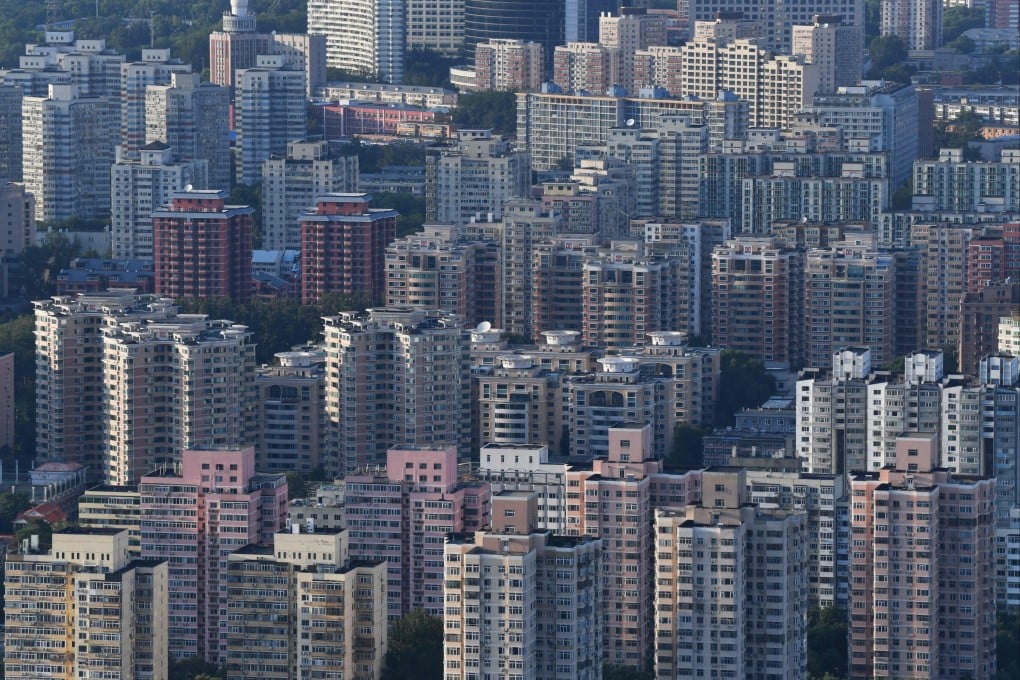Macroscope | How China’s response to property woes could herald a bigger, better bond market
- As Beijing tries to manage debt fears in the property market, the central bank has laid out a road map aimed at creating a high-yield bond market
- Making it easier for private firms to issue bonds would be a welcome development for yield-hungry investors and signal further opening up

It is no secret that China’s bond market has had a rough year. Since January, both Asian and Chinese bond markets have underperformed other major global bond markets.
The market’s focus on real estate developers is understandable, although we should remember that recent headlines have focused on somewhat idiosyncratic risks at specific high-profile names. Extrapolating this to the entire credit market is a stretch.
Moreover, it is important to look at the broader macro environment. Real estate as a sector has done well this year – property investment was up 11 per cent year on year as of August, while property sales were up around 16 per cent year on year. The average home price growth in seven major Chinese cities has ranged between 3.4 per cent and 4.5 per cent year on year in 2021.

